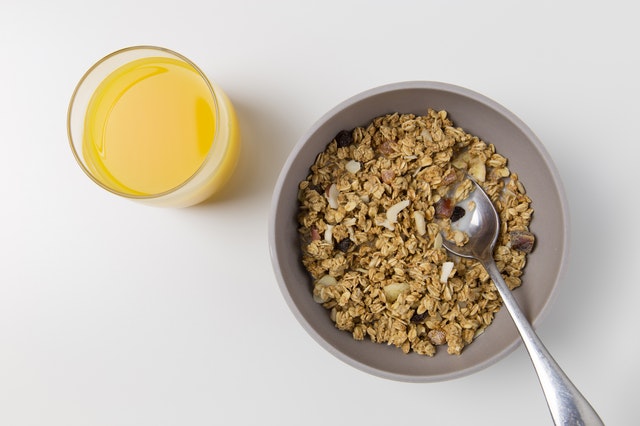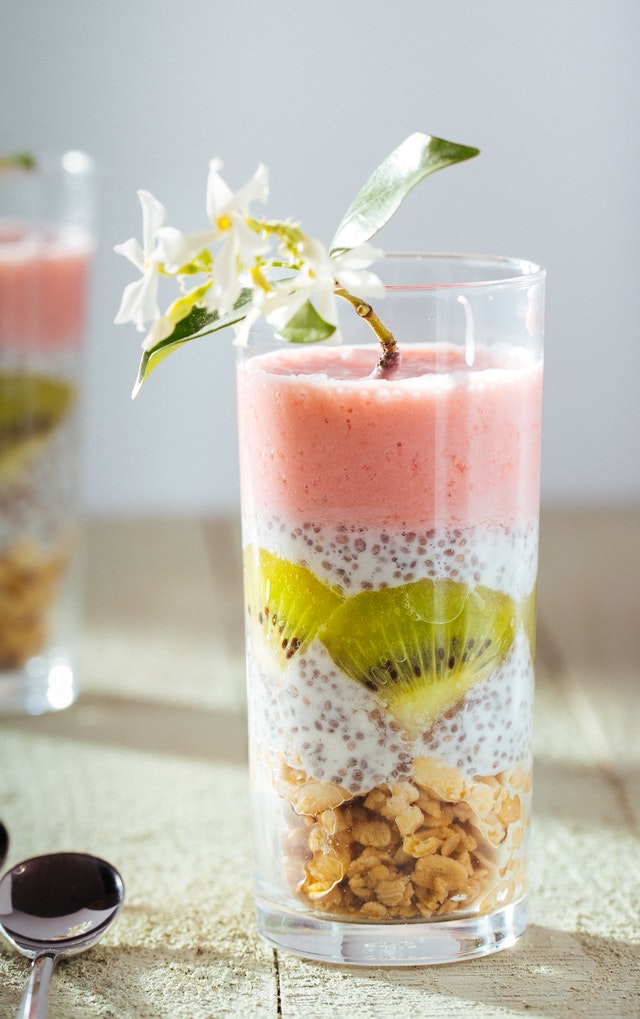Although the bowels are part of the body that people often don’t like to talk or think about, ironically, they are actually one of the most important aspects of our health. The colon is not only central to your body’s overall ability to function properly, but any problems with it can also create a cascade effect, leading to many health conditions. Some of these include obesity, skin problems, allergies, mood disorders, headaches, and many more.
In my experience, whenever I have felt bad or started to have adverse symptoms, my digestion was also compromised. As soon as I worked to strengthen that area, things always got better. Here are some of my top tips to keep your colon happy and healthy.
Be Aware of How Your Gut Feels
Awareness is imperative to catching problems early. I have seen what ignoring a digestive problem can do. My mom had diverticulitis in her colon rupture after years of pain and not seeing a doctor. She ended up in emergency surgery where they had to take out a portion of her colon. This was a life-changing alteration that required her to use Convatec ostomy supplies for the rest of her life.
Things like constipation (less than 2 bowel movements a day), diarrhea, and pains that don’t go away are all early warning signs that something is wrong. Though the actual problem may not be serious at all, it’s still important to speak with your doctor as soon as you can. It could be that you are experiencing a reaction to food or your lifestyle. The bottom line, be aware and don’t ignore the signs your body is giving you that something needs to change.
Eat Plenty of Fiber
Make sure you get plenty of fibre in your diet. This is what helps to keep your digestive system operating smoothly. Fiber is found in foods like nuts, seeds, grains, and dark leafy vegetables. Eating the peel of fruits and veggies like apples, cucumber, and pears can also help. Though you want to try to get enough fiber from your food, it may not always be possible. In this case, you can supplement with a good psyllium husk product that comes in a powder or pill form. Though I eat a clean diet rich in fiber, I take psyllium husk every day.
Allow Movements to Happen
If you have ever been in a position where you had to hold your stool in, you know that it doesn’t feel comfortable. That’s because it’s not good for you and could actually have some unwanted consequences if done frequently. Ours body is beautifully made and knows exactly when and how it needs to eliminate waste and toxins. As a general rule, make sure that you never hold it in unless absolutely necessary. The best scenario is eliminating at the same time every day. This is possible when you get your diet right and stick to a routine that includes exercise and proper sleep.
Exercise Regularly
Exercising every day will help you to have a generally healthier system. What you may not realize is that our digestive system relies on consistent movement to trigger the chemicals and muscles necessary for regular elimination. Make walking, stretching, yoga, and anything that you enjoy a part of your daily routine.
Limit or Eliminate Poor Quality Foods and Drinks
I am all for an occasional treat of pizza, ice cream, and wine. However, if these things become staples in your diet, you could be headed for trouble. Remember I said that our bodies know how and when to eliminate? Well, they do, but we have to provide the right fuel. Eating a poor diet, drinking too much alcohol, and indulging in toxic levels of sugar, bad fats, and meat can upset the micro-biome of the gut faster than anything. Though the gut will go to great lengths to protect us from these things, it can only do so much for so long before it loses the battle.
If you aren’t sure what to eat, consult with your doctor or a nutritionist for a detailed plan for your age, weight, and lifestyle. Changing your diet will have a fairly quick impact on your gut, but, keep in mind, healing and true health take time. Make changes a lifestyle, not a short-term diet plan.
**** This post is strictly informational and is not meant to replace the advice of your healthcare provider. Women’s lifelink, it’s owners, administrators, contributors, affiliates, vendors, authors, and editors do not claim that this information will diagnose, treat, or improve any condition or disease.
 Women's Life Link Be Well, Be Happy, Be YOU!
Women's Life Link Be Well, Be Happy, Be YOU!







